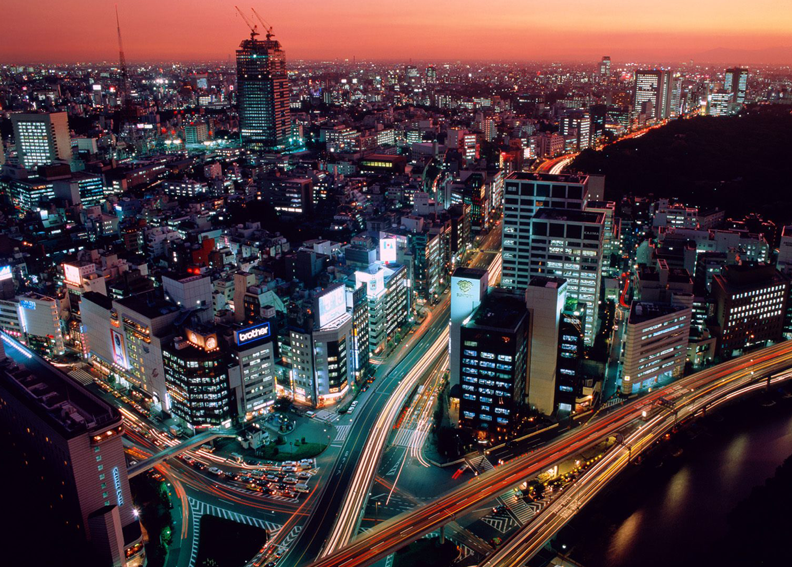
The world is undergoing an ‘urban revolution’ with an increasing concentration of the population in cities and towns, especially in developing countries. Further, climate change exacerbated by under-investment in rural agriculture is creating climate-induced migration flows from rural areas as many leave the land in search of better alternative livelihoods in cities. However, many developing countries, such as Ghana, undergoing rapid urbanization face several challenges in sustaining and promoting economic growth through increased productivity that is both equitable and inclusive. In addition, the urban transition is coming at great environmental costs related to increasing footprints of cities (such as poor air quality and exposures to pollutants, traffic congestion, slums, waste management, etc) in the face of insufficient capacities of cities to provide adequate infrastructure and services. These challenges are emerging strikingly in large cities but also in secondary and small cities.
While there is little doubt about the Global South’s urban future, there is confusion regarding the pattern and nature of cities. Today, several highly urbanized hitherto low-income countries in the Global South are gaining high and middle-income status, providing evidence that urbanization could facilitate socio-economic development if properly managed. Despite their challenges, cities continue to be seen as 'centres of economic growth' and 'engines of development'. Conceptually and practically, cities remain critical to national and global development, and the achievement of global pacts such as the Sustainable Development Goals (SDGs), UN-Habitat's New Urban Agenda, and the Africa Union's Agenda 2063. As such, research focus on urbanization and socio-economic development is in line with the short, medium and long-term development aspirations of national governments, and regional and international bodies.
